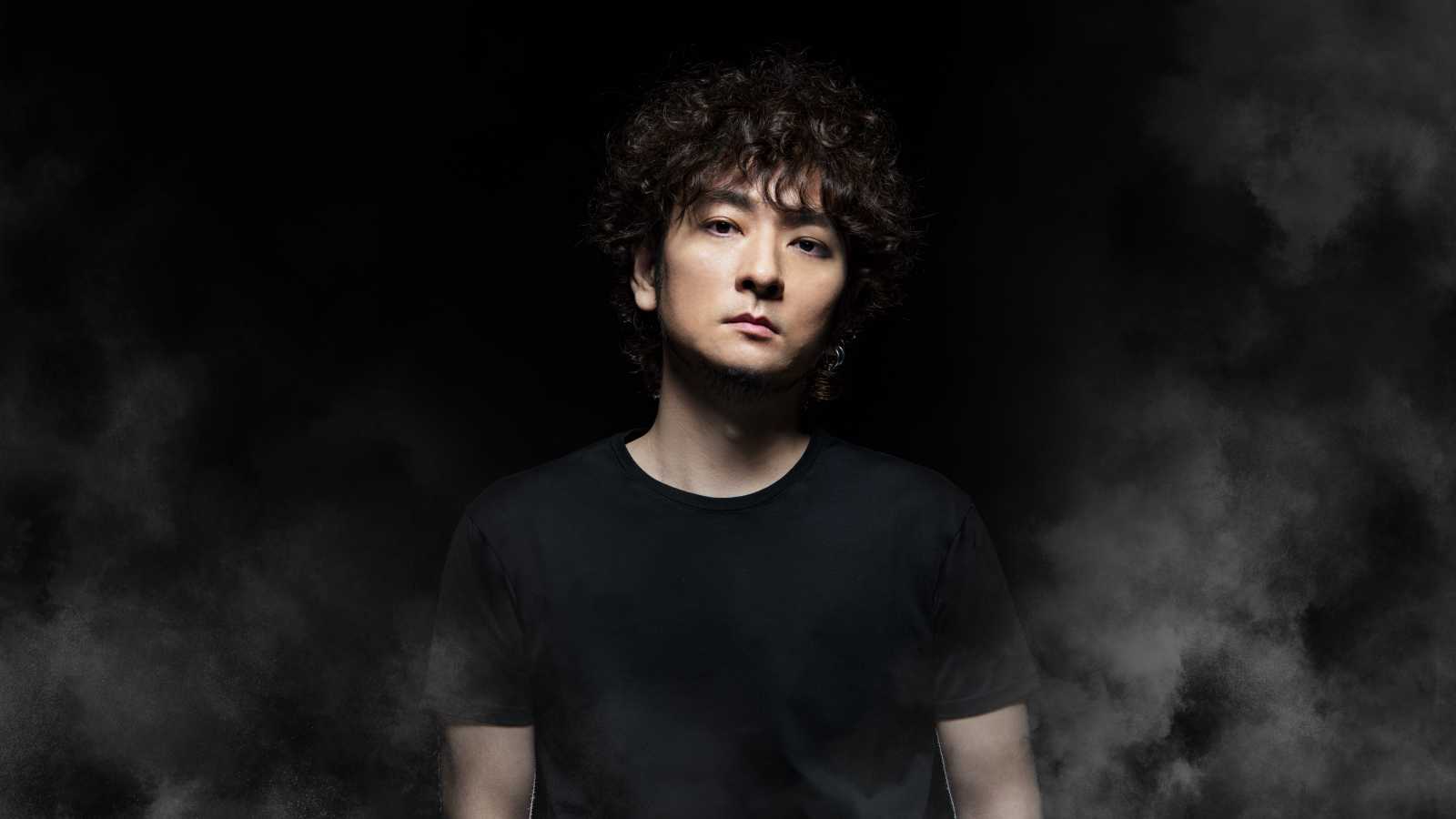heidi. - Innocence
Innocence doesn't succumb to the sophomore slump as heidi. consistently continues to deliver.
Innocence, heidi.'s eagerly awaited second album, is an interesting experience: it shows a band in the throes of transition as heidi. becomes less visual kei and more like Plastic Tree in terms of style. It can be a hard balance to strike and could lead to an unsatisfactorily arranged album, but heidi. pulls it off with panache, emulating their seniors stylishly.
Opening on a moody note, with Yoshihiko's low vocals becoming gradually more frantic as the music picks up the pace, Yurikago sets the standard for what is to come. As heidi. experiments with the tempo, the guitars alternate between steady and peppy, culminating in a beautiful instrumental from Nao, Kousuke and Kiri that gives this opener a firm musical core.
These opening tracks are neatly varied while still anchored to the key idea of what heidi. is musically. hyururi, for example, is pop with an anthemic chorus that is a perfect example of heidi in transition. Its commercial sound at times verges on a British style of indie rock, and yet remains firmly Japanese. What is also nice is the chance given to all musicians of heidi. to shine, such as in Slow Drop. It offers a more visual sound and serves to highlight Kousuke's bass in a track peppered with short but funky bass solos.
While the album momentarily becomes stuck in a rut with Mousou no hibi, the storming introduction from Kiri leading into a frantic twirly guitar melody from Nao on the next track brings the album back to life. Shinkirou is so packed with energy that the preceding song appears quite sluggish in comparison. This climaxes with Parade - the highlight. Arctic Monkeys-esque guitar playing combines with a soaringly epic chorus as all the various elements that constitute heidi.. come together cohesively in this addictive rock anthem. Yoshihiko's vocals in particular are a delight after a few earlier strained notes in the opening songs.
Up to this point, Innocence has been impressive, but it is with the coupling of Parade and Rui that heidi. really hits its stride. Experimentalism is forgone for pure driving rock guitars. Such is the confidence in these two tracks that Rem, a track that was so interesting both live and as a single, pales in comparison. That is not to say Rem is not enjoyable; it sees a slight return to Nao experimenting with his riffing. Having said that, this predisposition to play with their sound falls a little flat in Synchro as Kousuke's bass sounds a little empty compared to previous efforts and mars what could otherwise be an interesting, darker song.
After this slight low, the finale Mirai no hate is a grand affair. A steady, if ominous beat from Kiri complements the trembling guitars that gradually crescendo into a powerful piece of music and a fittingly dramatic ending. Mirai no hate (the edge of the future) is heidi. tottering on the edge as they musically leave the visual world behind and become more and more a dark indie rock band
There is a lot to love in Innocence, and a few flat tracks cannot change that. For both long time heidi. fans and newcomers to the quartet, this is a great album. Only a couple of tracks were released prior to the album, meaning it is almost entirely new material that had previously only been played at concerts. In a world where music releases come thick and fast, Innocence stands out like a shining beacon of aural joy.
Note: The limited edition album is accompanied by a 20 minute documentary of heidi.'s tour in the winter of 2008.
![HYDE [INSIDE] LIVE 2024 -EXTRA- at Makuhari Messe](https://www.jame-world.com/media/image/2024-11/_16-9_14951.jpg)


